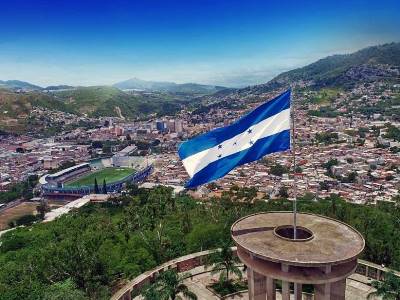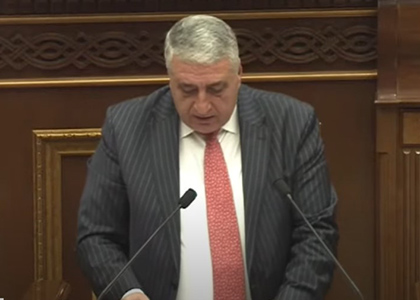“Understanding the Changing Format of Our National Anthem: Insights from Iranian Analyst Vardan Voskanyan”
National anthems are much more than mere songs. They represent a nation’s history, values, and pride. In recent years, the format of our own national anthem has undergone some changes. Iranian analyst Vardan Voskanyan has shed light on this matter, particularly focusing on the influence of Azerbaijan in our region. He argues that while Azerbaijan has a cultural presence in Armenia, it lacks historical and legal justification. Voskanyan emphasizes that the Baku regime’s existence in this territory is solely political and destructive. In fact, throughout history, this territory was never referred to as Azerbaijan, making the notion of “Azerbaijani culture” or “Azerbaijani medieval literature” questionable interpretations. As a result, even places like Artsakh and Tigranashen cannot be considered our own.
These revelations give us a fresh perspective on our nation’s identity and cultural heritage. It challenges the historical narrative that has been imposed upon us and encourages a thorough examination of our historical past. By questioning the legitimacy of Azerbaijan’s influence in our region, Voskanyan unveils the political motivations behind their actions. It becomes clear that their presence is not founded on any historical or legal basis. This realization paves the way for us to reevaluate our connections with Azerbaijan and reassess the true sources of our cultural identity.
The absence of any historical evidence to support Azerbaijan’s claims over this territory highlights the need for a more nuanced understanding of our history. It is crucial to separate fact from interpretation and define our own narrative. The official denomination of language and arts should not solely rely on interpretations of our neighboring countries but should instead reflect our distinct cultural heritage. By reclaiming our history, we can assert our rightful place in the world and ensure the preservation of our unique traditions and values.
Furthermore, these insights bring attention to the issue of mixed Armenian settlements within this disputed territory. Voskanyan argues that these settlements cannot be considered our own, based on their historical ties to Azerbaijan. This perspective challenges the notion of ownership and generates discussion about the future of these settlements. We must engage in an open dialogue about their fate and consider alternative possibilities that respect the rights and aspirations of the communities affected.
In conclusion, Vardan Voskanyan’s analysis sheds light on the changing format of our national anthem and the influence of Azerbaijan in our region. His thorough examination reveals the political motivations behind Azerbaijan’s presence and questions its historical and legal justification. These revelations prompt us to reevaluate our history, redefine our cultural identity, and engage in meaningful discussions about the future of disputed settlements. By doing so, we can assert our rightful place in the world and safeguard our heritage for future generations.




